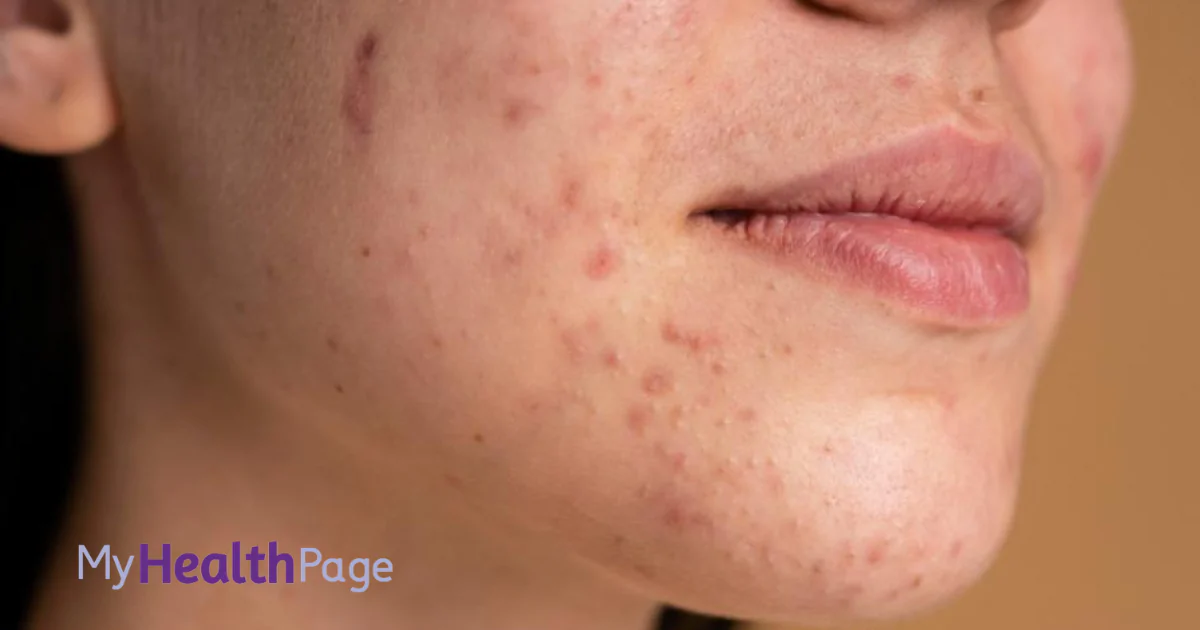Galactorrhea, a condition where there is an unexpected milk-like discharge from the breasts in individuals who are not breastfeeding, can be concerning for many. While it’s often associated with women, men and even children can experience it. This article aims to break down the causes, symptoms, and treatment of galactorrhea.
What is Galactorrhea?
Galactorrhea refers to the spontaneous flow of milk from the breasts, unrelated to childbirth or breastfeeding. While it isn’t a disease itself, it’s usually a sign of an underlying issue. This condition can occur in women, men, and even infants. It’s important to note that galactorrhea is different from breast milk production post-pregnancy or during lactation.
Incidence of Galactorrhea in Women
Galactorrhea is not an uncommon condition, with statistics showing that it can occur in approximately 20% to 25% of women at some point in their lives. The condition is particularly common among women with hyperprolactinemia, where the incidence can rise significantly — up to 90% of these women may experience galactorrhea.
When it comes to age, the condition is most prevalent among women of reproductive age, especially those between 16 and 30 years. In this demographic, the incidence is reported at 3.18 cases per 1000 inpatients. This highlights the importance of women in this age group being particularly mindful of the symptoms and seeking timely medical advice if they experience unexpected nipple discharge.
Symptoms of Galactorrhea:
- Milk-like discharge from one or both nipples
- Irregular menstrual cycles (in women)
- Headaches or vision problems (in cases related to hormonal imbalances)
- Breast tenderness or enlargement
Causes of Galactorrhea
While it might seem alarming, the causes of galactorrhea are often manageable with proper medical attention. Here are some common reasons why it might happen:
1. Hormonal Imbalance (Prolactin Levels)
The hormone prolactin, which stimulates milk production, is often elevated in people experiencing galactorrhea. An increase in prolactin can be triggered by:
- Pituitary tumors (non-cancerous) like prolactinomas
- Hypothyroidism (underactive thyroid)
- Medications: Certain antidepressants, birth control pills, and high blood pressure medications can affect prolactin levels. In India, with the growing consumption of medications without proper consultations, this could be a more common issue.
2. Excessive Breast Stimulation
Breast stimulation, either through frequent self-exams or intimate activities, can lead to galactorrhea. In some cases, even ill-fitting bras or constant friction can irritate the nipples, potentially leading to discharge.
3. Stress
Mental health plays a significant role in physical health. Chronic stress, which is quite common in today’s fast-paced Indian urban lifestyle, can affect your hormones, including prolactin. This hormonal fluctuation can cause unexpected symptoms like galactorrhea.
4. Herbs and Supplements
In India, many people rely on herbal remedies for various health issues. Herbs like fennel, fenugreek, and anise, while commonly used for their benefits, may inadvertently lead to increased prolactin levels, potentially causing breast discharge.
5. Pregnancy and Birth Control
Pregnancy can cause hormonal changes that sometimes persist postpartum. Similarly, birth control pills, commonly used by many Indian women, might cause galactorrhea as a side effect.
6. Other Health Conditions
- Chronic kidney disease
- Chest trauma
- Neurological disorders such as multiple sclerosis
Galactorrhea in Men and Children
Though rare, galactorrhea can occur in men and children. In men, it’s usually linked to a significant hormonal imbalance, often due to reduced testosterone levels or certain medications. In infants, galactorrhea is referred to as “witch’s milk” and is caused by the transfer of maternal hormones before birth. It’s harmless and resolves on its own.
Diagnosis and Tests
If you or someone you know is experiencing galactorrhea, it’s crucial to seek medical advice. Doctors typically begin with a physical exam and review of medical history. Common diagnostic tests include:
- Blood tests to check hormone levels, especially prolactin
- Thyroid function tests to rule out hypothyroidism
- MRI or CT scans to examine the pituitary gland for tumors
- Pregnancy tests (for women) to rule out pregnancy-related discharge
Treatment Options
Treatment for galactorrhea depends on its underlying cause. Here are some common treatment approaches:
1. Medications
If galactorrhea is due to high prolactin levels, medications like dopamine agonists (e.g., cabergoline, bromocriptine) may be prescribed. These medications reduce prolactin production.
2. Addressing Underlying Conditions
- Hypothyroidism can be treated with thyroid hormone replacement therapy, which often resolves galactorrhea.
- For pituitary tumors, surgery may be recommended if medication alone doesn’t work.
3. Lifestyle Adjustments
For many individuals, small lifestyle changes can make a big difference:
- Reduce stress: Incorporate yoga or meditation into your daily routine. These practices, deeply rooted in Indian culture, can help reduce stress and balance hormones.
- Limit breast stimulation: Avoid over-examining or squeezing your breasts unnecessarily.
- Check your bra fit: Wearing a well-fitted bra can help prevent irritation and unnecessary stimulation.
Can Galactorrhea be Prevented?
While you can’t always prevent galactorrhea, there are a few things you can do to reduce your risk:
- Avoid medications that can raise prolactin levels: If you’re on any long-term medication, consult with your doctor about possible side effects.
- Manage stress: Regular physical activity, relaxation techniques, and a balanced diet can go a long way in keeping your hormone levels stable.
- Stay informed about herbs and supplements: While herbal remedies can be beneficial, it’s important to know their effects on your body.
When to See a Doctor
If you experience unexpected nipple discharge, especially if it’s accompanied by symptoms like irregular periods, headaches, or vision problems, it’s important to seek medical advice. While galactorrhea is often not serious, it’s better to get a proper diagnosis and treatment to avoid complications.
Conclusion
Galactorrhea, though uncommon, can be managed effectively with the right approach. Understanding the potential causes and making the necessary lifestyle adjustments can make a significant difference. In an Indian context, where self-medication and the use of herbal supplements are prevalent, being mindful of what you consume and staying attuned to your body’s signals is key. If you or a loved one is experiencing galactorrhea, consult a healthcare professional to identify the underlying cause and explore treatment options.
By taking proactive steps and staying informed, you can ensure better overall health and well-being.
Call to Action:
If you’re experiencing symptoms of galactorrhea, don’t wait! Consult your healthcare provider for a comprehensive evaluation and treatment plan. Maintaining a balanced lifestyle, reducing stress, and staying informed about potential risks can help you stay in control of your health.
Read more: Andropause: What Men Need to Know
Medical Disclaimer: This article is for informational purposes only and is not a substitute for professional medical advice. Always consult with a healthcare provider for personalized recommendations.








